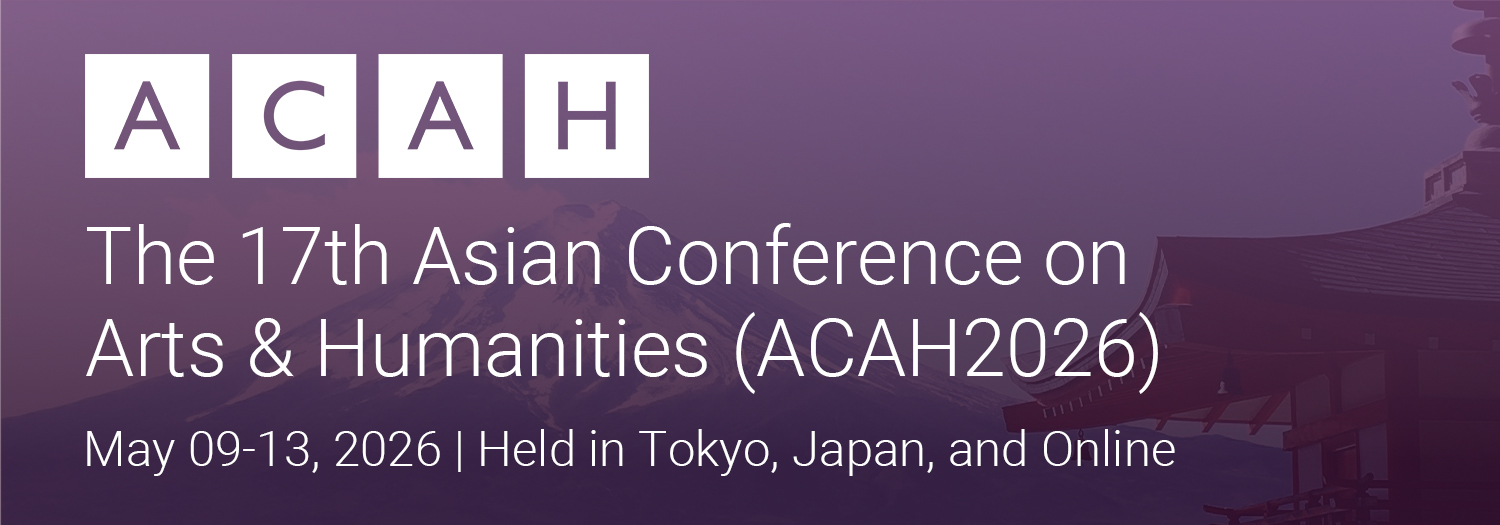Presentation Schedule

Commercialization and Transformation of Culture in a Neoliberal Context: Case Studies of the Cultural Industry in Ubud, Bali (94167)
Session Chair: Peng Wu
This presentation will be live-streamed via Zoom (Online Access)
Friday, 16 May 2025 14:40
Session: Session 4
Room: Live-Stream Room 1
Presentation Type: Live-Stream Presentation
– click here to convert to your timezone
This article focuses on the Ubud area of Bali to explore the commercialization, capitalization, and reproduction of culture amid Bali’s touristification. It examines how economic and cultural process integrate in cultural industry, and how local society and culture transform in this context. The rapid flow of capital, information, and people drives local engagement with external forces. Simultaneously, an emphasis on cultural capital—local knowledge and heritage—allows Balinese to reinterpret and shape their culture, cosmology, and identities. This transformation has begun since the 1920s with the Dutch Baliseering policy and continues today. In the 1930s, the Ubud royal family redirected land-leasing revenue to cultural restoration, fostering traditional ceremonies and artistic innovation (MacRae 1998, 1999). This effort led to the establishment of Pita Maha Association, which shaped modern Balinese painting. In response to the 2002 Bali bombing, the government revitalized tourism through foreign investment. In 2010, the movie Eat, Pray, Love turned Ubud into a global spiritual tourism hub. Furthermore, culture is not only reconstructed for external consumption but also reinterpreted to preserve tradition within a cross-scale neoliberal context. Local people continually redefine their culture to meet both external demands and internal transformations (Comaroff & Comaroff, 2009). This paper addresses these issues through several case studies: one focusing on how a village south of Ubud integrates its gamelan music development with tourism-driven commercial needs, and others examining the growth of galleries and artists' studios in the surrounding area.
Authors:
Lei Tai, National Taiwan University, Taiwan
Mei-hsia Wang, National Taiwan University, Taiwan
About the Presenter(s)
Ms. Lei Tai is currently a PhD candidate in the Department of Anthropology at National Taiwan University, Taiwan.Her doctoral research involves fieldwork in Bali, where she conducts participant observation.
See this presentation on the full schedule – Friday Schedule





Comments
Powered by WP LinkPress